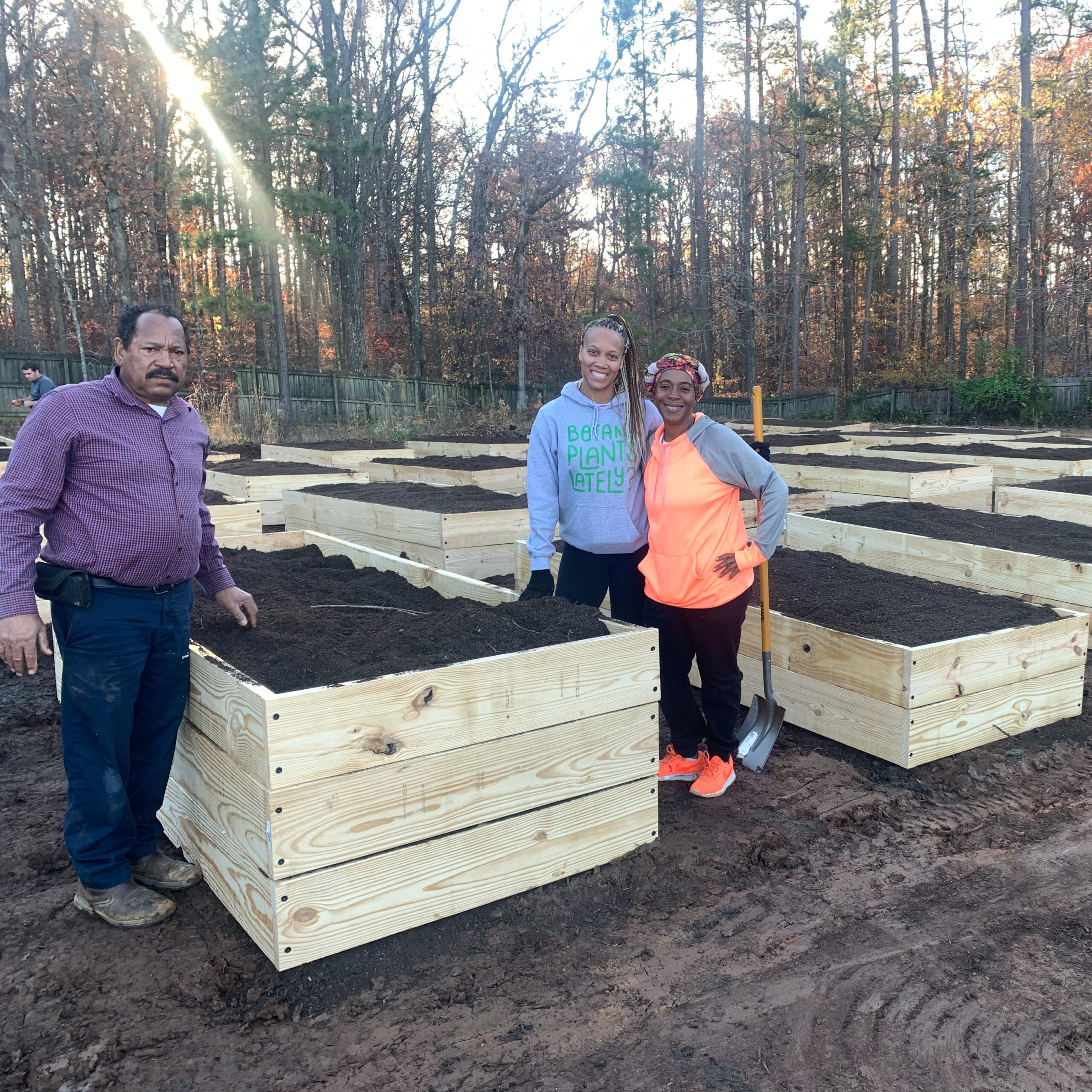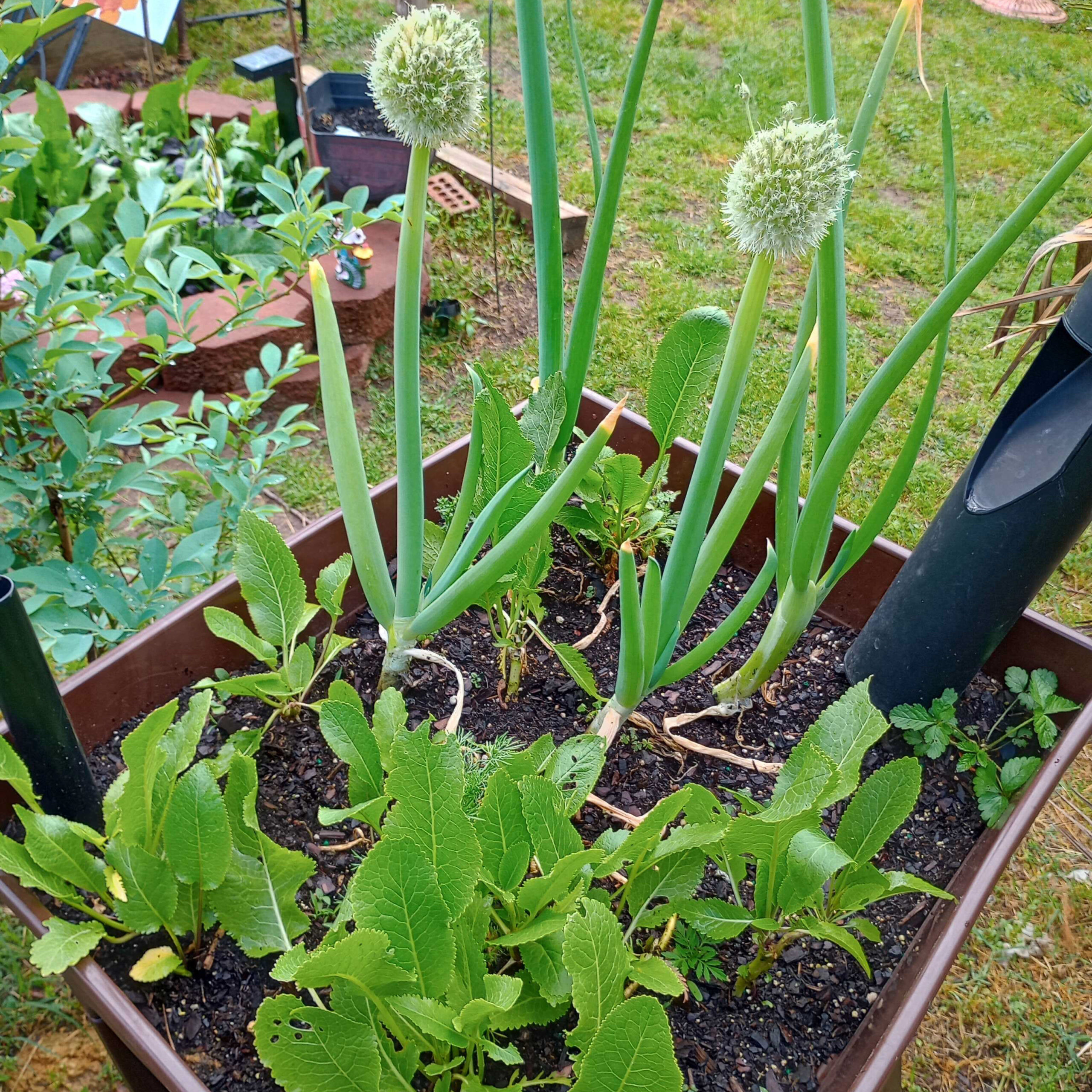Food Power: Are You Hungry for Change?

When you hear the phrase, “Food Power,” what comes to mind? Perhaps you think of the fact that without adequate nutrition you wouldn’t be able to power your body? Or maybe you reflect on the powerful corporate entities who control food production and distribution, thus controlling who has access to nutritious food. In this post, I’ve compiled ideas about food power along with my perspective as the Frontline Funds Associate at Southern Vision Alliance. Perhaps this will be some “food for thought” for us all to chew on!
According to the international organization We Seed Change, “When food is grown by farmers to benefit their communities, it can provide nourishment and security without damaging the land. This kind of agriculture can make us stronger, healthier, and more connected to the land, to our culture and to each other. That’s the power of food.”
This past spring I visited a wonderful example of local agriculture at Woods Friendly Community Garden (WFCG) in Charlotte, NC, a recipient of a Frontline Funds grant from SVA. In meeting Georlean Woods, the founder of WFCG, I witnessed an embodied definition of food power. Georlean started her garden to help people heal and provide them with access to fresh fruits and vegetables. She teaches her community how to foster a greater connection with what they eat by showing them how to grow food in their yards, windowsills, and balconies. Georlean makes food power a reality by demonstrating to us that power lies not in the aisle of a grocery store, but in the rich soil of the earth.


In the book Food Power Politics, author Bobby J. Smith II writes about “critical connections between civil rights activism and present-day food justice activism in Black communities, revealing how power struggles over food empower them to envision Black food futures in which communities have the full autonomy and capacity to imagine, design, create, and sustain a self-sufficient local food system.” Ultimately, the means to nourish our bodies lies inside our imagination, in a vision of our own making, because what are we, if not the food we eat?
As someone who until recently frequented a food pantry due to economic hardship, my access to healthy and fresh food was a challenge. In my experience, food power or rather lack of food power, is a reality of not being in control of how I met my nutritional needs. Without access to real food (no, cheetos don’t count!) and self-sustaining ways of obtaining food, individuals and communities are kept in a disempowered state. How can you fight for justice or join a movement if you’re hungry? You can’t. You’re stuck in survival mode, without energy or agency.
Psyche A. Williams- Forson who wrote Eating While Black, “urges us to think and talk about food in new ways in order to improve American society on both personal and structural levels.” If we sincerely want to choose liberation, we must build a collective path to nourishment that begins with reclaiming our food power. Because the need to live better and be treated better is at the heart of all revolutions.
How hungry are we for change? Very hungry!
How hungry are we for change? Starving!
How hungry are we for change? Ravenous.

